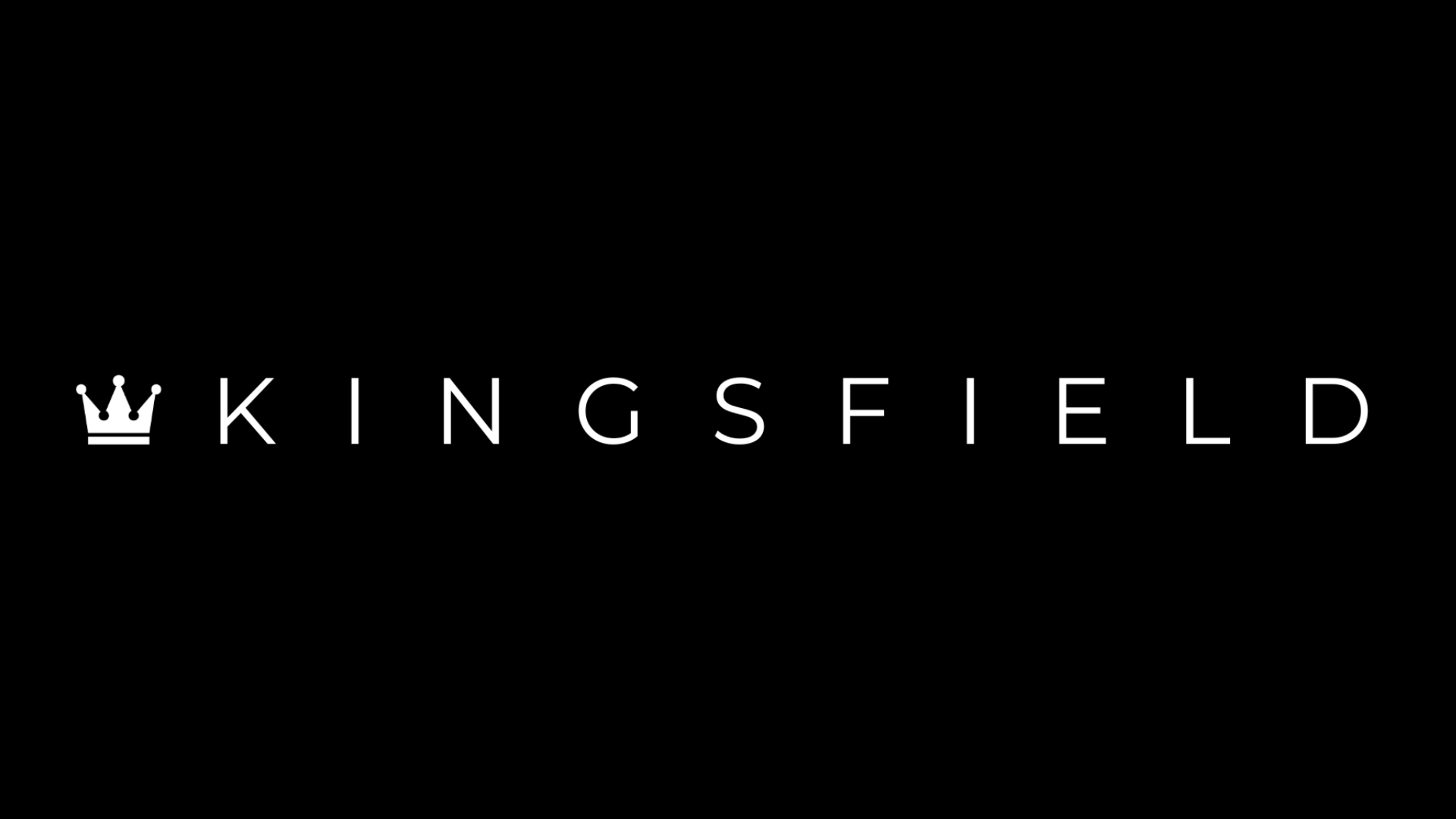Massage has been used for centuries as a means of promoting relaxation and relieving muscle tension. In recent years, however, research has also shown that massage can have numerous benefits for muscle recovery and performance. Whether you're an athlete looking to improve your game or just someone who wants to feel their best, massage could be a valuable addition to your wellness routine. Here are some reasons why you should consider massage therapy.
1. Reduce Muscle Soreness and Fatigue
One of the main benefits of massage is that it can help to reduce muscle soreness and fatigue. When you exercise, your muscles undergo microscopic tears, which can lead to soreness and stiffness. Massage can help to reduce this muscle damage by increasing blood flow and circulation to the affected area. This increased blood flow brings oxygen and nutrients to the muscles, which can help to speed up the recovery process.
2. Improve Muscle Flexibility and Range of Motion
In addition to reducing muscle soreness, massage can also help to improve muscle flexibility and range of motion. Tight, inflexible muscles can limit your ability to perform certain movements and can even increase your risk of injury. Massage can help to loosen and stretch tight muscles, allowing for greater flexibility and a wider range of motion. This can be especially beneficial for athletes who rely on a full range of motion for their sport.
3. Reduce Inflammation
Another benefit of massage for muscle recovery and performance is that it can help to reduce inflammation. Inflammation is a natural response to injury or muscle damage, and while it can be helpful in the short term, chronic inflammation can lead to a variety of health problems. Massage can help to reduce inflammation by promoting the release of anti-inflammatory chemicals in the body. This can not only help to reduce muscle soreness, but also help to prevent long-term muscle damage.
4. Physiological Benefits
In addition to its physical benefits, massage can also have psychological benefits that can enhance muscle recovery and performance. Massage can help to reduce stress and anxiety, which can interfere with the recovery process. It can also promote a sense of relaxation and well-being, which can help to improve overall mood and motivation.

Types of Massage
There are several different types of massage that can be used for muscle recovery and performance. Swedish massage, which involves long, flowing strokes, is a popular choice for relaxation and stress relief. Deep tissue massage, on the other hand, focuses on the deeper layers of muscle tissue and can be more effective for relieving muscle tension and soreness. Sports massage is specifically designed for athletes and can help to improve flexibility, range of motion, and overall performance.
How Massages Can Improve Muscle Growth
For more information on the benefits of massage for muscle recovery and performance, check out this YouTube video: In the video, you'll learn about the various ways in which massage can help to improve muscle recovery and performance, as well as how to incorporate massage into your wellness routine. Whether you're an athlete looking to improve your game or just someone who wants to feel their best, this video has something for everyone
Other Ways to Recover
It's important to keep in mind that massage is not a replacement for proper nutrition and rest. In order to fully recover from exercise and achieve optimal performance, it's important to fuel your body with the right nutrients and to get enough sleep. However, incorporating massage into your wellness routine can be a valuable addition that can help to improve muscle recovery and overall performance.

There are a few additional benefits to massage therapy when it comes to recovery:
-
Massage can help to reduce muscle spasms and cramping. When muscles are sore or damaged, they can become tight and spasm, which can be painful and interfere with performance. Massage can help to relax the muscles and reduce spasms and cramping.
-
Massage can improve sleep quality. Poor sleep quality can interfere with muscle recovery and overall health. Massage can help to relax the body and mind, making it easier to fall asleep and stay asleep.
-
Massage can enhance the immune system. Massage has been shown to stimulate the production of white blood cells, which help to fight infection and illness. A stronger immune system can help to reduce the risk of illness and improve overall health and performance.
-
Massage can improve postural alignment. Poor posture can lead to muscle imbalances and strain, which can interfere with performance and increase the risk of injury. Massage can help to realign the muscles and improve posture, which can help to reduce the risk of injury and improve overall performance.
-
Massage can be used as a preventative measure. In addition to helping with muscle recovery and performance, massage can also be used as a preventative measure to reduce the risk of injury and muscle strain. Regular massage can help to keep muscles flexible and healthy, which can reduce the risk of injury and improve overall performance.

If you're considering adding massage to your wellness routine, it's important to find a qualified and experienced therapist. Look for a therapist who is licensed and has training in the specific type of massage you're interested in. It's also a good idea to discuss any specific goals or concerns you have with your therapist before beginning treatment. With the right therapist and the right approach, massage can be a powerful tool for improving muscle recovery and performance.

